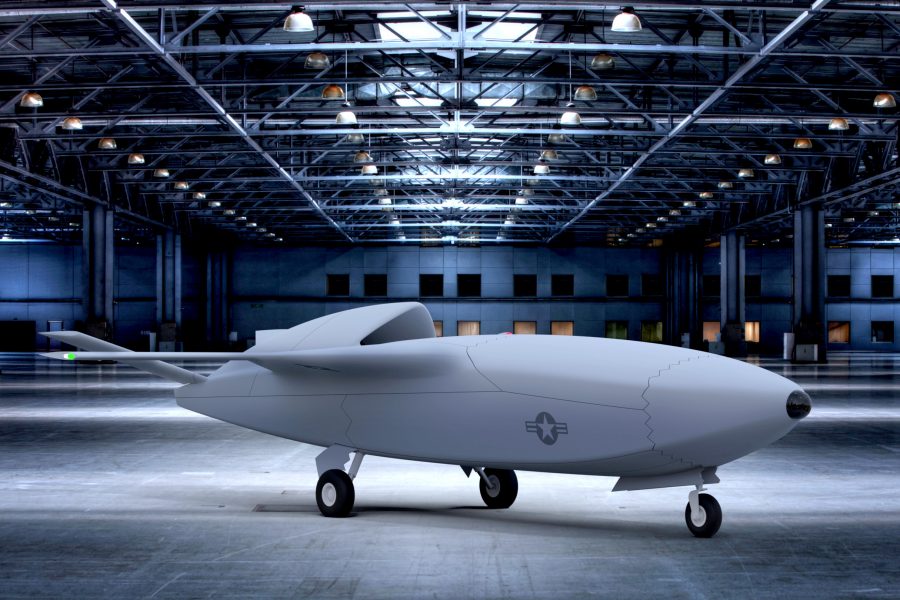The Air Force is getting its Skyborg wingman drone program underway, reaching out to industry for technology that could lead to a future experimentation campaign.
Multiple companies could each win $400 million to contribute technology toward a best-of-breed Skyborg drone, the service said in a May 15 solicitation. Skyborg is envisioned as an artificially intelligent unmanned partner for fighter jets that is cheaper than more complex aircraft but can take on some strike and intelligence-collection missions for human pilots.
The Air Force indicated that companies whose designs aren’t initially chosen could still be wrapped into the program later. It also creates a stepping stone to a more advanced kind of aircraft: Later solicitations could look for a “prototype of a full autonomous system” as well as new sensors and mission software.
“The intent of Skyborg is to integrate an autonomy mission system core and suite of services (developed under a separate Skyborg system design agent program) with multiple low-cost air vehicle systems, each designed to perform one or more mission types,” the solicitation said. “The Skyborg core will be a best-of-breed combination of industry and government solutions. … This system will allow rapid software updates and integration of new technology to field capabilities to defeat emerging threats.”
Leidos on May 19 received a $28.6 million contract to act as the system design agent that will tie the various ideas together.
The notice did not offer any additional details about experimentation, but said the first request for proposals after seed money is awarded in July will look to buy aircraft for those demonstrations.
Boeing, General Atomics, Kratos, and Lockheed Martin recently told Air Force Magazine they would compete for development funding. Kratos’s XQ-58A Valkyrie, developed with the Air Force Research Laboratory, is already in flight testing and will participate in an upcoming Advanced Battle Management System demonstration.
Skyborg is one of three AFRL “vanguard” initiatives that are trying to speed the time it takes to go from research to operational use. The service has said it wants Skyborg ready for operations by the end of 2023.
